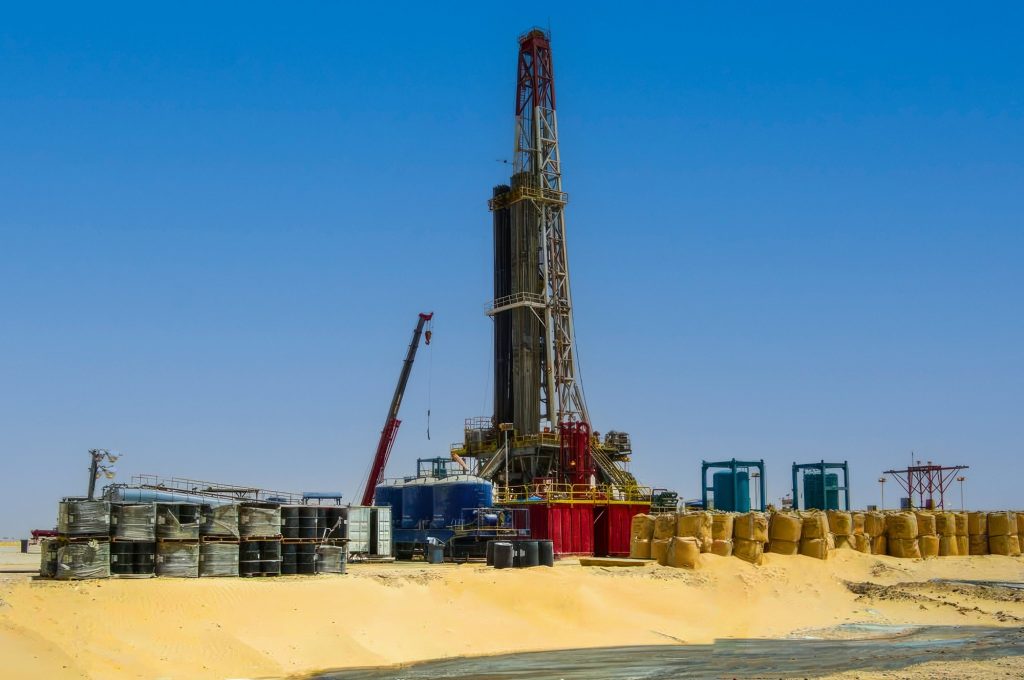Saudi Arabia is moving forward with massive initiatives like Neom and its flagship project, The Line, as part of its Vision 2030 plan. However, the country’s heavy reliance on oil revenue is creating challenges, especially as global oil prices drop.
Revenue from oil, which remains the backbone of the Saudi economy, has recently declined due to falling prices. Last year, oil averaged $81 a barrel, but recent market disruptions have seen Brent crude fall to $62 and US oil to $59 per barrel. Analysts predict further decreases, with expectations as low as $58 for Brent and $55 for US oil next year.
This downturn threatens funding for high-profile projects like Neom. Financial experts suggest the government may need to either find new revenue streams or reduce spending. There are indications that some initiatives could be delayed, scaled back, or even canceled, particularly those considered lower priority.
Saudi Arabia’s projected budget for 2025 includes a deficit, with spending outpacing expected income by about $26 billion. Saudi Aramco, the state oil giant, has also reported a significant drop in expected dividends, reflecting the broader pressure on national finances.
Reports suggest The Line project’s scope is being narrowed to focus on a smaller section, with attention on key venues for upcoming global events. Leadership changes, such as the recent resignation of Neom’s CEO, add further uncertainty.
Officials maintain that the kingdom’s financial position remains strong and that long-term development plans are intact. Still, some experts believe Saudi Arabia may need to rely more on borrowing, increase taxes, or slow down capital spending to manage the shortfall.
The International Monetary Fund has highlighted the need for oil prices to remain near $96 a barrel for Saudi Arabia to fulfill its spending commitments. With ongoing price volatility, the government faces tough decisions on which projects to prioritize. Still, efforts to push forward with flagship developments like Neom are likely to continue, given their importance to the nation’s leadership.
